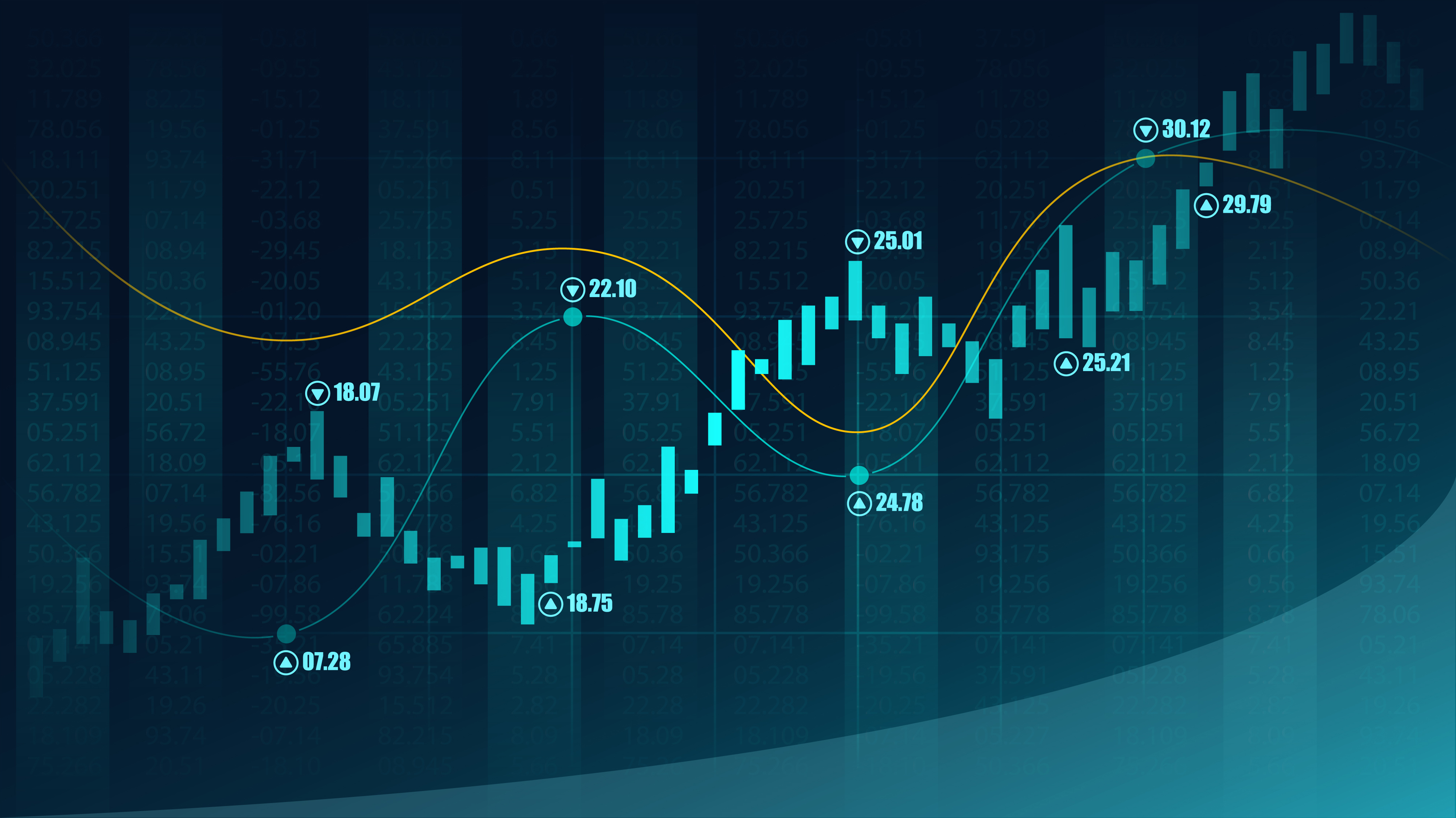Forex vs. Stock Market: Unveiling the Differences for Astute Investors

Image: nationalselfinsurerohsaudittool.blogspot.com
In the labyrinthine world of financial markets, the forex and stock markets stand as two colossal titans, beckoning investors with opportunities and uncertainties alike. Discerning the intricate differences between these parallel universes is paramount for navigating the tumultuous waters of financial success.
Forex, an acronym for Foreign Exchange, is a decentralized marketplace where currencies are bought and sold. It’s the largest and most liquid financial market globally, with daily transactions exceeding trillions of dollars. Unlike stocks, forex doesn’t have a central governing body, making it subject to the ebb and flow of global events, economic data, and geopolitical tensions.
On the other hand, the stock market comprises exchanges where shares of publicly traded companies are bought and sold. Companies issue stocks to raise capital, and investors purchase these shares with the expectation of reaping profits through dividends or by selling them at a higher price. Stock markets are often more regulated and transparent than the forex market, offering added protection for investors.
Trading Mechanisms: Diving into the Nuances
The trading mechanisms in forex and the stock market paint distinct pictures. Forex trading is typically conducted over-the-counter (OTC), which means it’s not centralized on a specific exchange. Instead, it’s executed through a network of dealers known as “market makers.” On the other hand, the stock market functions through designated exchanges such as the New York Stock Exchange (NYSE) or the London Stock Exchange (LSE), ensuring transparency and streamlining trade execution.
Investment Vehicles: Navigating the Spectrum
The forex market offers flexibility in terms of investment vehicles. Traders can engage in spot trading, where currencies are traded immediately at the current market price, or engage in futures and forwards contracts, allowing them to speculate on future currency movements. In contrast, the stock market primarily involves trading in common stocks, which represent fractional ownership in a company, and preferred stocks, which have a lower risk profile but offer fixed dividends.
Risks and Rewards: Balancing Opportunity and Uncertainty
Both the forex and stock markets present their unique sets of risks and rewards. The forex market is renowned for its high leverage, enabling traders to amplify potential profits but also amplifying potential losses. The stock market, while less leveraged, brings different uncertainties, such as company-specific risks, earnings surprises, and geopolitical factors that can affect stock prices.
Factors Driving Market Movements: Untangling the Complexities
Discerning the catalysts behind market movements in forex and the stock market is crucial for successful trading. Forex markets are heavily influenced by macroeconomic events, such as interest rate decisions, inflation rates, and geopolitical events. The stock market, on the other hand, is influenced by a myriad of factors, including company performance, economic indicators, and investor sentiment.
Diversify and Conquer: Spreading Risk Across Markets
Prudent investors seek diversification to mitigate risk. Investing in both the forex and stock markets can provide a portfolio with greater balance and resilience. The forex market offers diversification against inflation and currency fluctuations, while the stock market provides exposure to the growth potential of listed companies.
Conclusion: Unlocking Financial Empowerment
Understanding the differences between the forex and stock markets empowers investors to make informed decisions and create tailored investment strategies. Each market has its own distinct advantages and risks, and by carefully navigating these intricacies, investors can optimize their financial potential and ride the waves of market volatility to financial success. Remember to approach trading with a balanced mindset, embracing both the potential rewards and the associated risks, and always consult with a qualified financial advisor before making any investment decisions.

Image: rwrant.co.za
Forex And Stock Market Differences






